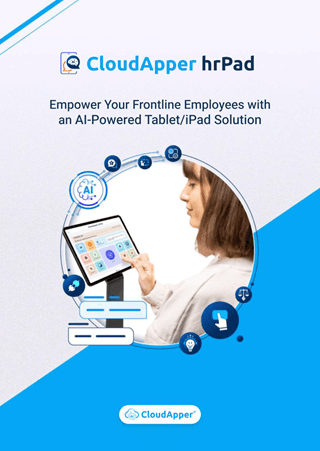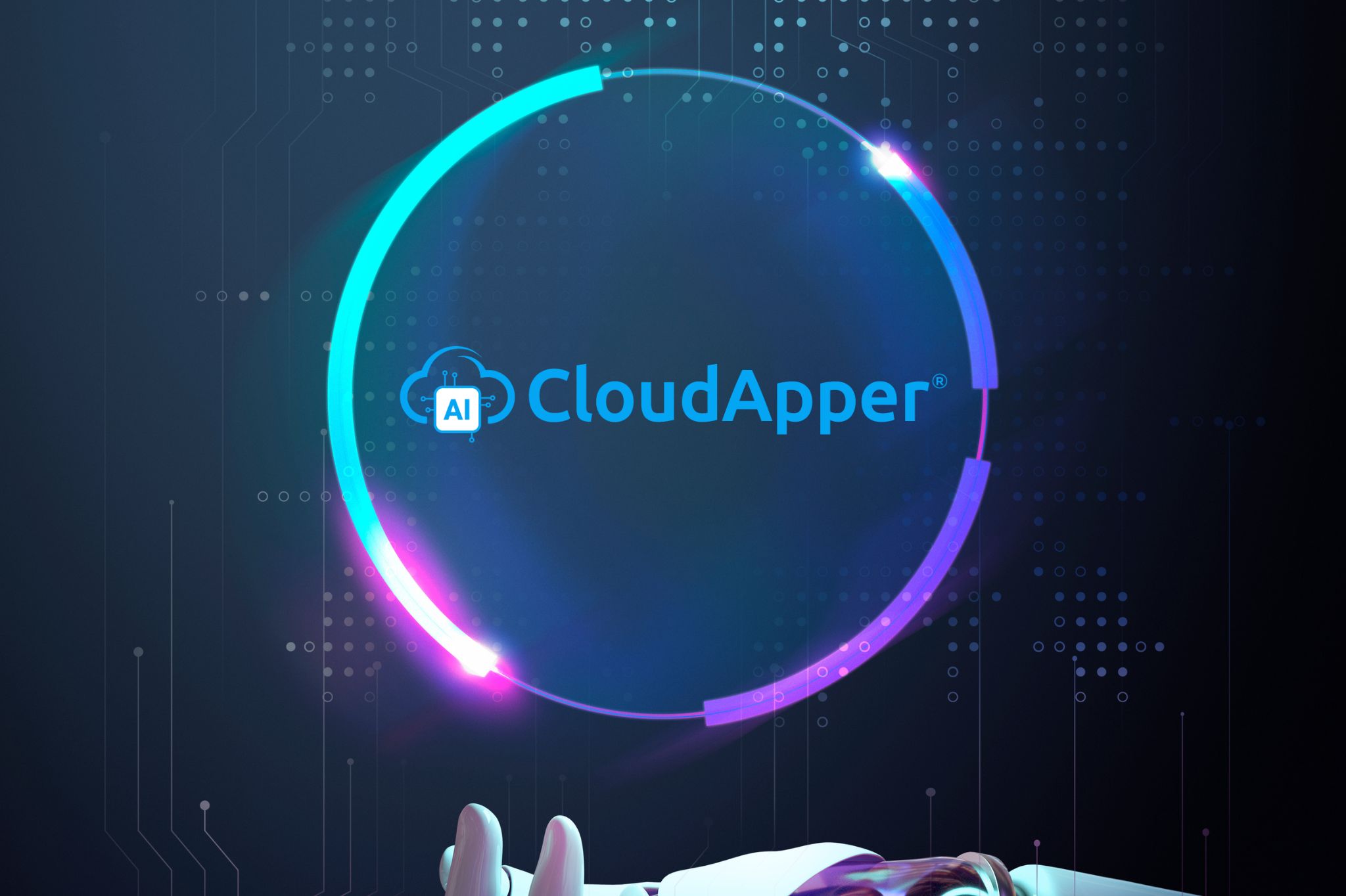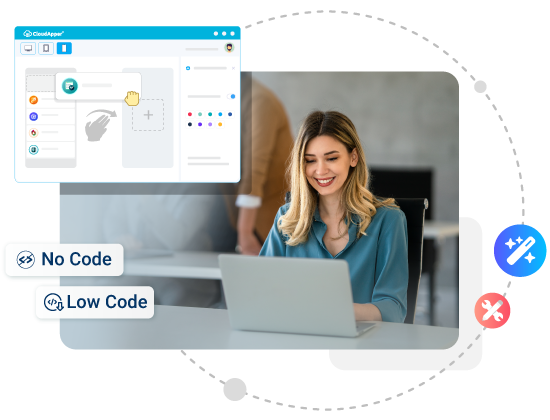ERP systems are crucial for the daily operations of any business. From customer relationship management to facility maintenance, these systems provide companies with a platform to conduct their business. They are integral to several companies and have forever changed how companies operate.
With ERP systems playing such an integral role in how a company operates, they must be running at optimal efficiency. The problem is that older ERP systems can’t provide the advantage required for companies to compete in the modern business environment. Many of the legacy ERP systems still used within several companies do not have any of the functions found in modern ERP systems. Therefore, the question posed to several companies is, is it time to switch?
With the number of ERP system providers increasing, let’s look at some of the disadvantages of a legacy ERP system, as well as the impact this has on businesses in the current business environment.
Lack of mobile functionality
The most glaring problem found is the lack of mobile functionality. Mobility, flexibility, agility, and accessibility are not just buzzwords used within companies. These are crucial factors that often mean the difference between stagnating and succeeding. Legacy ERP systems cannot provide companies with simple accessibility or mobility. Older systems cannot do so as they are not cloud-based. This means that many older ERP systems are not accessible from mobile devices, such as smartphones or tablets.
This leads to staff having to work around the system rather than efficiently leveraging its features. This is no longer an acceptable method for companies to operate under.
Fewer support options available
It is a common business practice for companies to focus on their latest products. This is also true within the software industry. As ERP companies release new solutions, the updates and support for their older systems begin to decrease or stop. This will make it harder for companies to gain the support required for the ERP system. While some companies can hire an IT technician who specializes in a specific older system, it is vital to note that this will increase the dependency on IT personnel. It will also be costly to maintain these employees.
Older ERP systems are not cloud-based
As previously mentioned, older ERP systems are not cloud-based. The problem with this is that employees cannot easily access the system. Providing real-time access to employees means that employees are more empowered to make decisions and operate with greater context.
More integration options
The ability to integrate software solutions can be advantageous for companies. While many older ERP systems can provide integration functions, the problem is that the integration options available are limited to the ecosystem they operate within. This is not the case for newer ERP systems providers. For example, a company can use a cloud-based CMMS system and integrate it with Sage 200.
Poor scalability
One of the most detrimental problems companies will face with an older ERP system is its scalability. Businesses aim to grow and thrive, and your systems should help in this endeavor, rather than hinder it. Older ERP systems do not provide the growth options that newer systems do. For example, if a company wishes to grow and extend its sales force to include external employees, such as field salespeople, it will be complex. The external employees will not have access to the systems, which will be necessary for them to do their job. This is not the case with a modern ERP system that can simply provide licenses and access to new employees without the need for new hardware to be installed, or major upgrades needed.
Conclusion
Now that we understand how older ERP systems affect companies, beyond just their lack of mobility. With the features provided by a new system, such. Such as mobile device accessibility, cloud-based architecture, and increased system support,. It it is time that companies begin to consider whether they are ready to take their company to the next level and implement a modern ERP solution.
What is CloudApper AI Platform?
CloudApper AI is an advanced platform that enables organizations to integrate AI into their existing enterprise systems effortlessly, without the need for technical expertise, costly development, or upgrading the underlying infrastructure. By transforming legacy systems into AI-capable solutions, CloudApper allows companies to harness the power of Generative AI quickly and efficiently. This approach has been successfully implemented with leading systems like UKG, Workday, Oracle, Paradox, Amazon AWS Bedrock and can be applied across various industries, helping businesses enhance productivity, automate processes, and gain deeper insights without the usual complexities. With CloudApper AI, you can start experiencing the transformative benefits of AI today. Learn More

















